Indigenous Governance Database
strategic planning and implementation
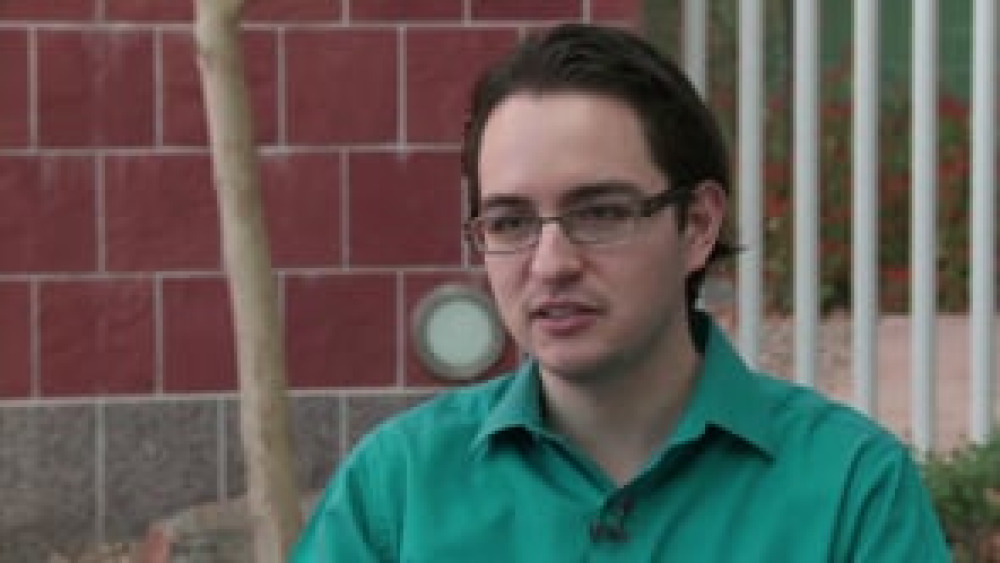
David Montgomery: The Quinault Indian Nation's Q-munity Roadmap
In this interview with NNI's Ian Record, Quinault Indian Nation Budget Officer David Montgomery provides a comprehensive overview of Quinault's Q-munity Roadmap performance-based budgeting process, and discusses how citizen education and engagement has proven crucial to the success of this…
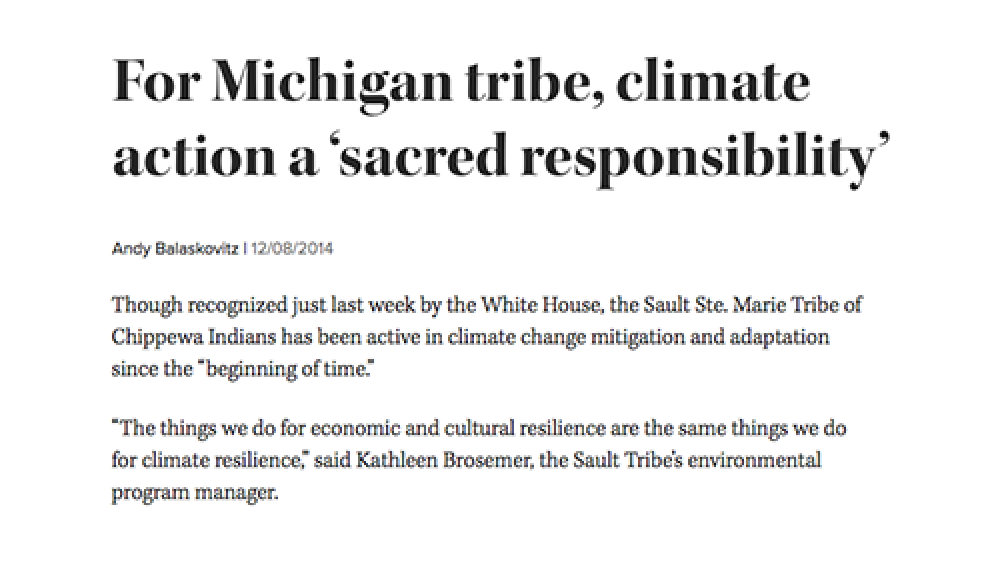
For Michigan tribe, climate action a 'sacred responsibility'
Though recognized just last week by the White House, the Sault Ste. Marie Tribe of Chippewa Indians has been active in climate change mitigation and adaptation since the “beginning of time.” “The things we do for economic and cultural resilience are the same things we do for climate resilience,”…
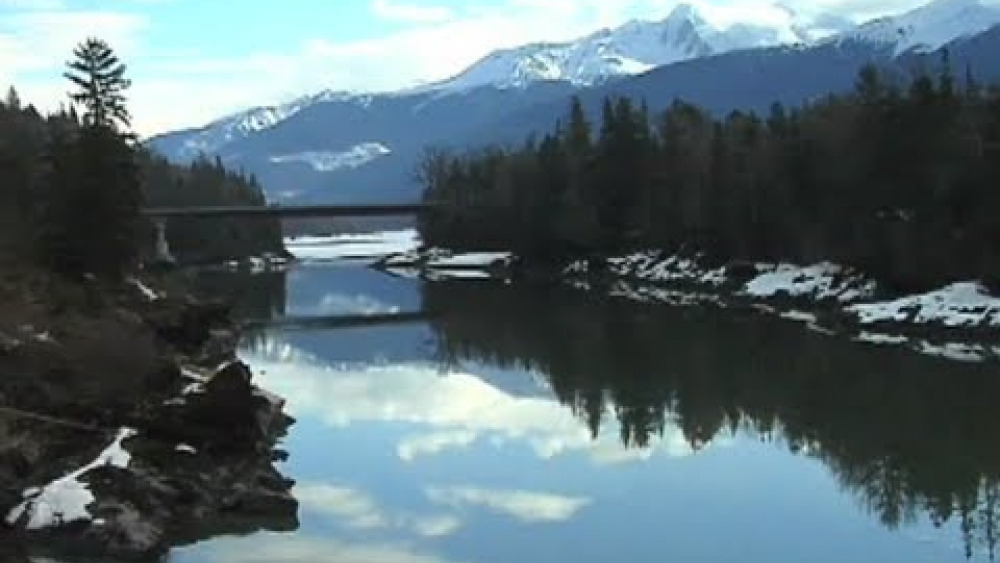
Nisga'a First Nation Circle of Governance
People of the Nisga'a Nation discuss custom and tradition before the Indian Act. They tell how they made the move back to traditional ways through strategic planning and abandoned oppressive ways of the Indian Act.

Mi'gmaq Nation Listuguj
The Listuguj Mi'gmaq Listuguj Nation started a movement to protect their salmon fisheries involving protests, arrests, and eventually organizing to establish fishery laws in eastern Quebec. They formalized documents and laws to assert their jurisdiction that began at a grass-roots level in the…
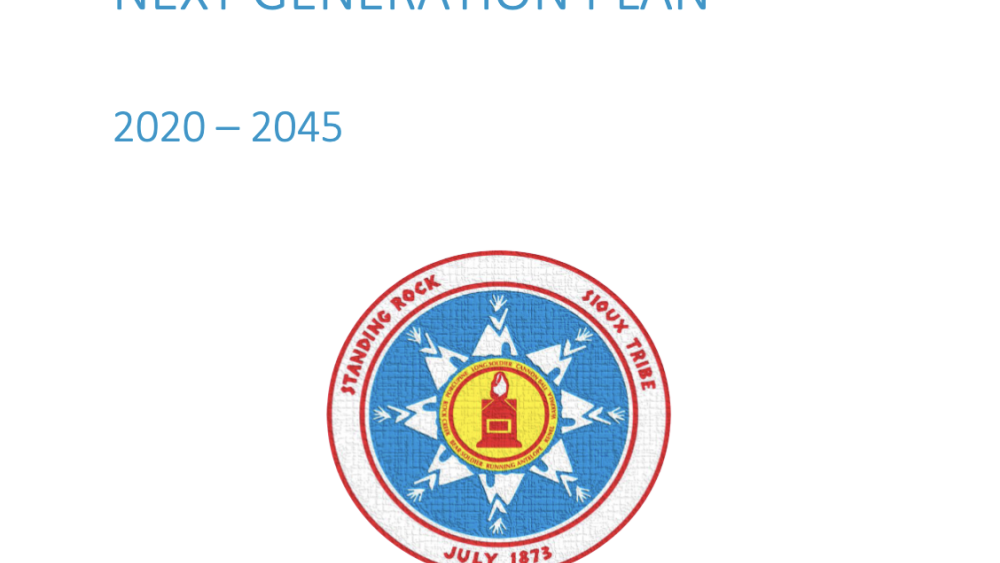
The Standing Rock Next Generation Plan
The Standing Rock Government is engaging in strategic planning. The Standing Rock strategic/government planning model differs from traditional planning models in that it defines 25 years as long term goals, 10 and 5 years as mid-term goals and takes into account the unique dynamics of the…
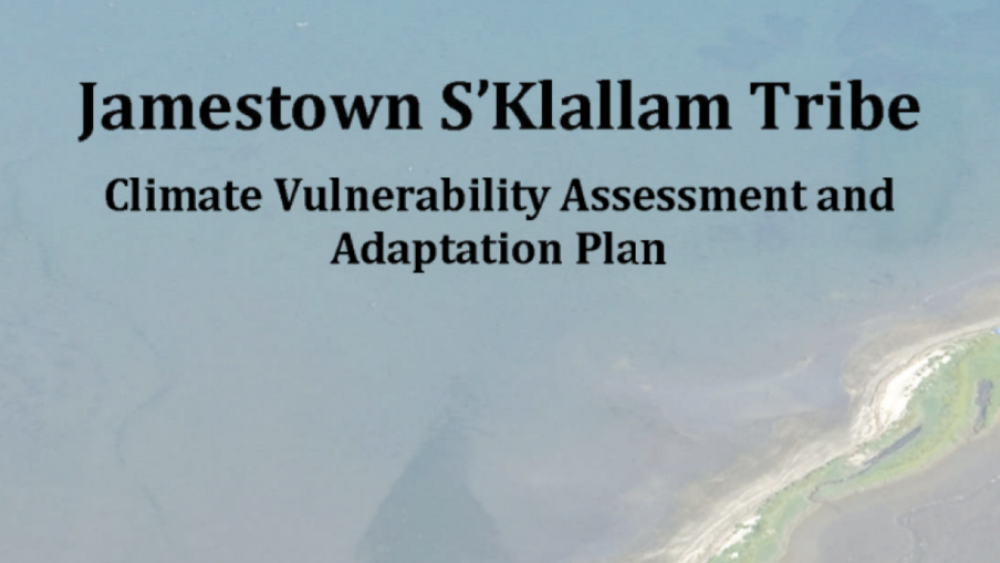
Climate Change Vulnerability Assessment and Adaptation Plan
Jamestown S'Klallam Tribal Citizens and their descendants reside in a landscape that has sustained them for thousands of years, the Olympic Peninusula of Washington State. Particularly over the last two centuries, the Jamestown S'Klallam people have successfully navigated a variety of soceital…
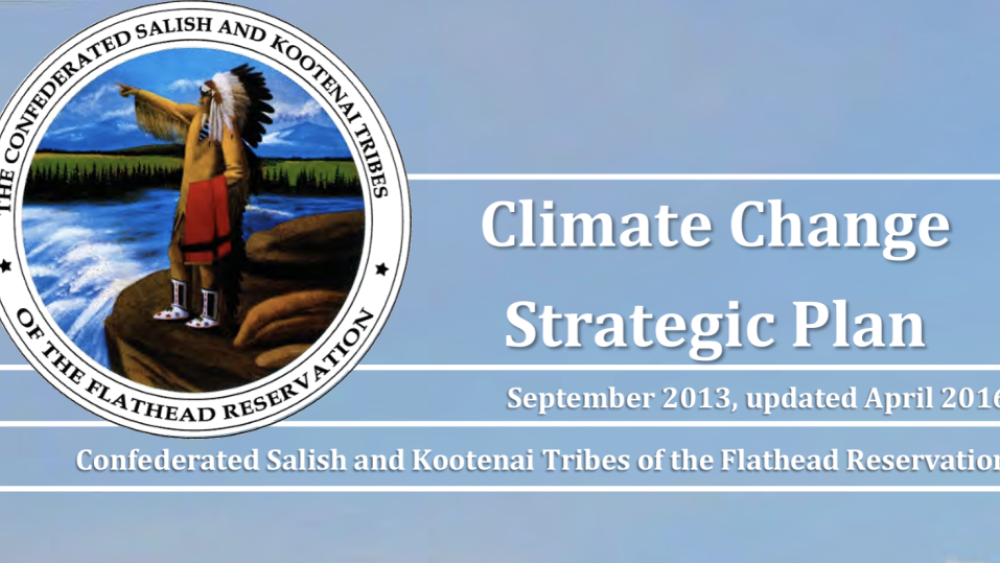
Confederated Salish & Kootenai Tribes Climate Change Strategic Plan
Overwhelming scientific evidence demonstrates that human inputs of greenhouse gases are almost certain to cause continued warming of the planet. (Environmental Protection Agency, 2013) The Northwest has already observed climate changes including an average increase in temperature of 1.5°F over the…
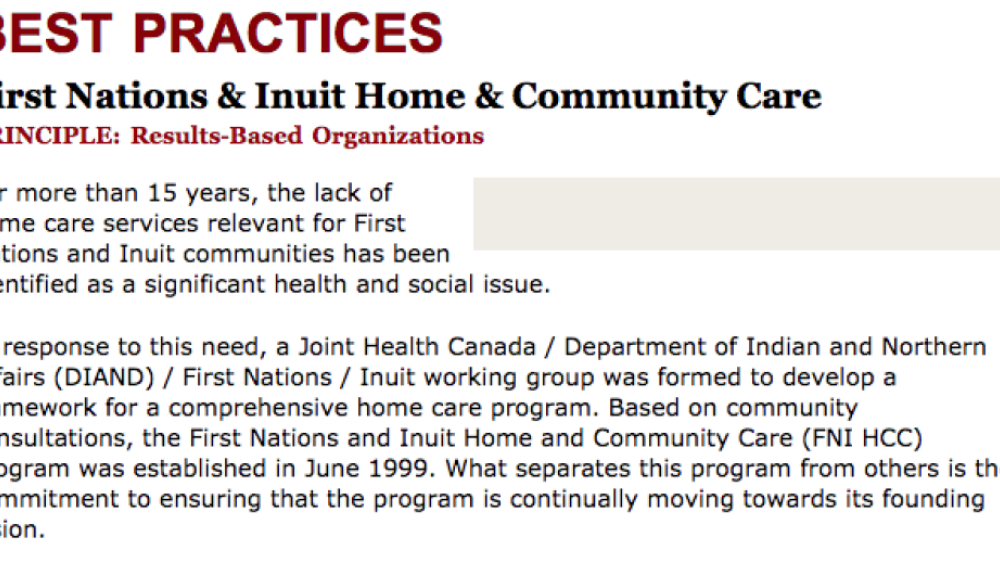
Best Practices Case Study (Results-Based Organizations): First Nations & Inuit Home & Community Care
For more than 15 years, the lack of home care services relevant for First Nations and Inuit communities has been identified as a significant health and social issue. In response to this need, a Joint Health Canada / Department of Indian and Northern Affairs (DIAND) / First Nations / Inuit…
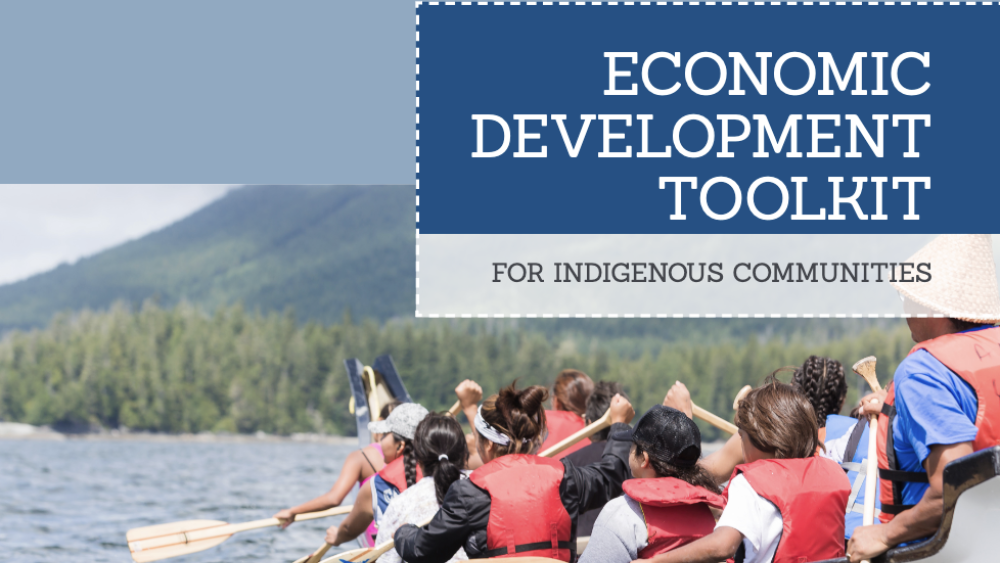
Economic Development Toolkit for Indigenous Communities: Tips, Tools & Techniques
Economic development offers First Nations an avenue to meet the needs of community members, ensuring they have access to adequate food and shelter, healthcare, education, and social programming. Beyond these basic needs, economic development also provides a mechanism to create wealth for future…
